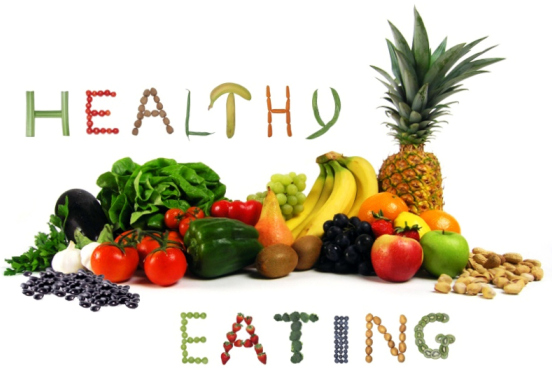I read this article on NPR today. (I did not listen to the show, which perhaps would have clarified some
things.) It's called: Career Suicide or Or Lifesaver? Why A Professional Foodie Went Vegetarian
At first it perplexed me for a couple reasons. Mostly for the use of the terminology Coming Out to make the obvious parallel to sexual orientation. I called Bull Shit. You don't have vegetation teens committing suicide because their classmates make fun of them for eating tofu. Unlike sexual orientation - choosing what to consume is just that, a CHOICE!
I was sad to see the NPR article questioning weather these dietary choices would end the career of a food editor. Especially an editor who "decides to cut himself off from a broad swath of eating possibilities by becoming vegetarian." What are these broad eating possibilities that he is giving up? Ummm. Pig, Cow, Chicken, Turkey, Fish, Seafood, Lamb, maybe a bit more, but 90% would fit in this list. Most people introduce a more diverse diet after becoming a vegetarian, it is just a selective diverse diet. Additionally, anyone can eat vegetarian, anything he chooses to write about can still be consumed by the majority of people. No one has to restrict themselves on his behave.
On a personal note, I often bring/make/order vegetarianism meals/dishes/snacks to parties/dinners/gatherings. I do go out of my way to make sure they are especially tasty, and more often than not, they are the first to disappear (One very notable exception to this was the Tofukey I made for Thanksgiving this year, sorry Tofurkey, next year I'm making quiche again) . My biggest frustration about not eating meat is the "token" vegetarian pizza that gets ordered for gatherings. It is ALWAYS the first one to disappear. Most people take a piece, and then it's gone, and then I don't get seconds. *sad face*
But I digress.
Fortunately, the NPR article linked to the article in the Washington Post. The title of the article: A Former Omnivore Comes out as Vegetarian. So I read that too. It's actually written by the food editor doing the coming out.
I had a little bit of a negative reaction to the terminology "Former Omnivore." At first I wasn't even able to put my finger on it. "Omnivore" is the perfect term to use to refer to people who eat plants an animals. But at it's root it is a biological classification that refers to a species that is capable of digesting both plants and animals as a primary form of sustenance. Meaning, that even if you eat a vegan diet, as a human being, you are and will always be an omnivore. Sorry Vegans.
Also the author links his dietary coming out to his coming out as gay. Oh. So I guess I get it a little bit. Especially since his diet choices have the potential to effect his job status. I still think it's a ridiculous comparison. No one is making me "It Gets Better" videos.
To wrap this whole thing up, no one is getting fired for eating kale or not eating meat. The author still states that his column will reaming "omnivore" friendly. He even states that he still plans to have small bites of meat here and there. The whole "coming out" things seems to be the result of needing to explain why he is publishing a vegetarian book, and starting a new vegetation column.
I suspect that this guy has been a vegetarian for a while now. If he was still eating small amounts of meat for his job, and still writing about meat, no one probably noticed. At least no one noticed until he wanted to start publishing something about it. Once he did, he probably found it hard to get someone to take him seriously "How can you write about being vegetation, you eat meat!?" Like someone specializing in food has to choose one or the other. So now he is explaining himself.
Explaining yourself and your diet all the time can get old. Especially when so many people feel that have the right to judge you for it. Personally, I avoid mentioning my diet. Serious, my mom tells more people than I do, and most people don't even notice that I'm not eating the meat. If someone random does, and asked, I usually go with the "I'm on a health kick right now" or "I'm a picky eater" excuses, which provide less comment from people.
Also, why are people so obsessed with labeling their diets, or labeling other's diets for them? How did we get to a point where this was necessary? Omnivore, Vegetation, Pescetarian, Vegan, Gluten Free, Clean, Paleo. The whole thing makes me uncomfortable. Some would say this guy is not a "real" vegetarian because he will still have a bite of meat here and there. Some would say I am not a "real" pescetarian because I count bacon as a sea food when it is added to clam chowder.
I think it all amounts to ways people can control what goes into their own bodies, and the relationship you have with your nourishment. People need to accept and respect that there are multiple ways to nourish yourself. They overlap, there are no cut and dried lines, and no one should ever have to fear for his job because he doesn't want to eat a cow.
